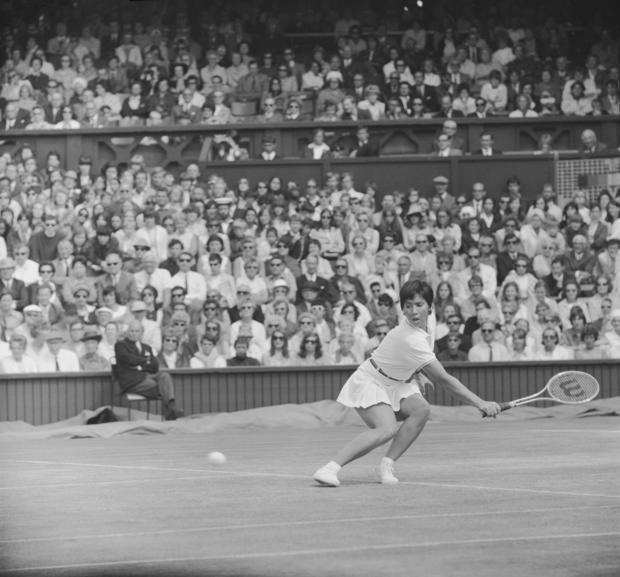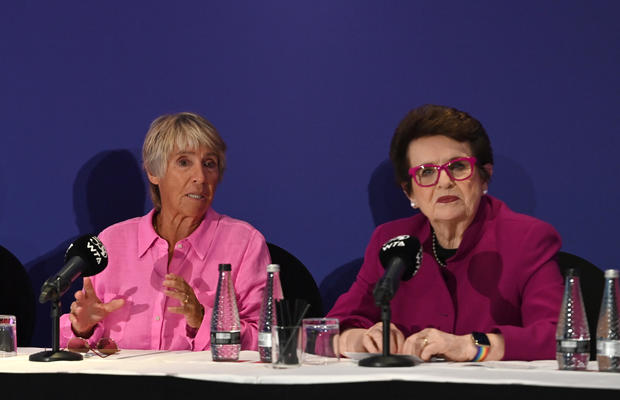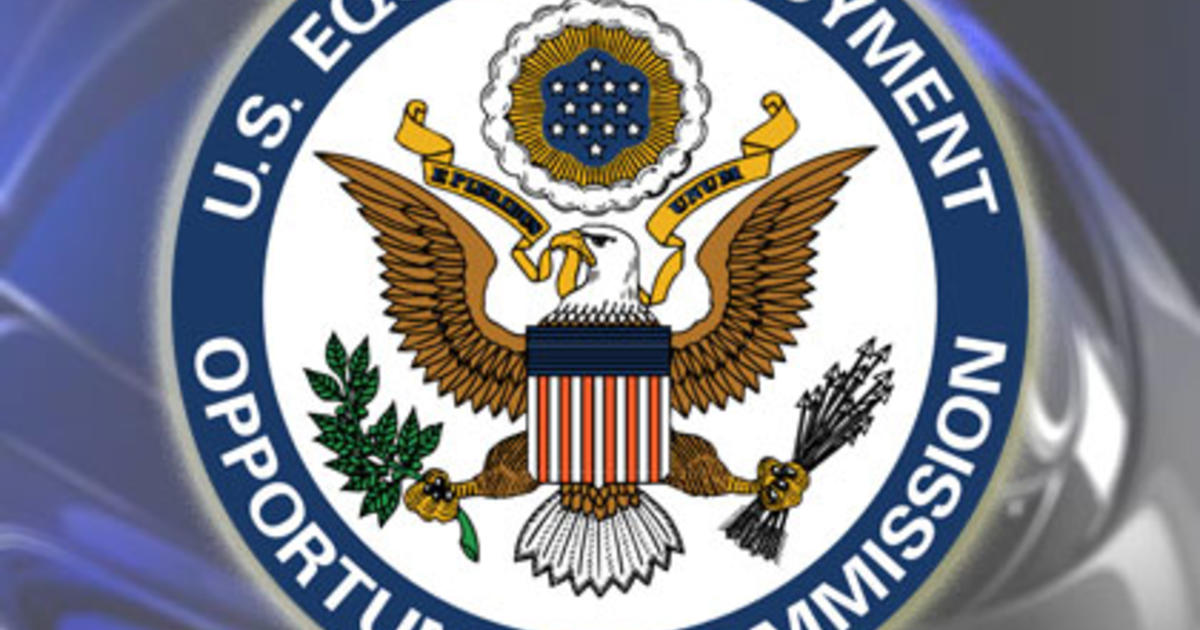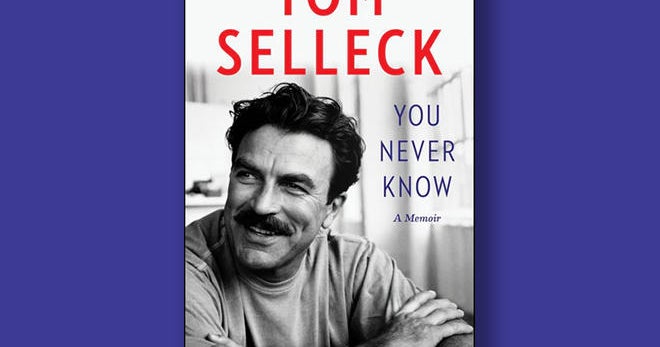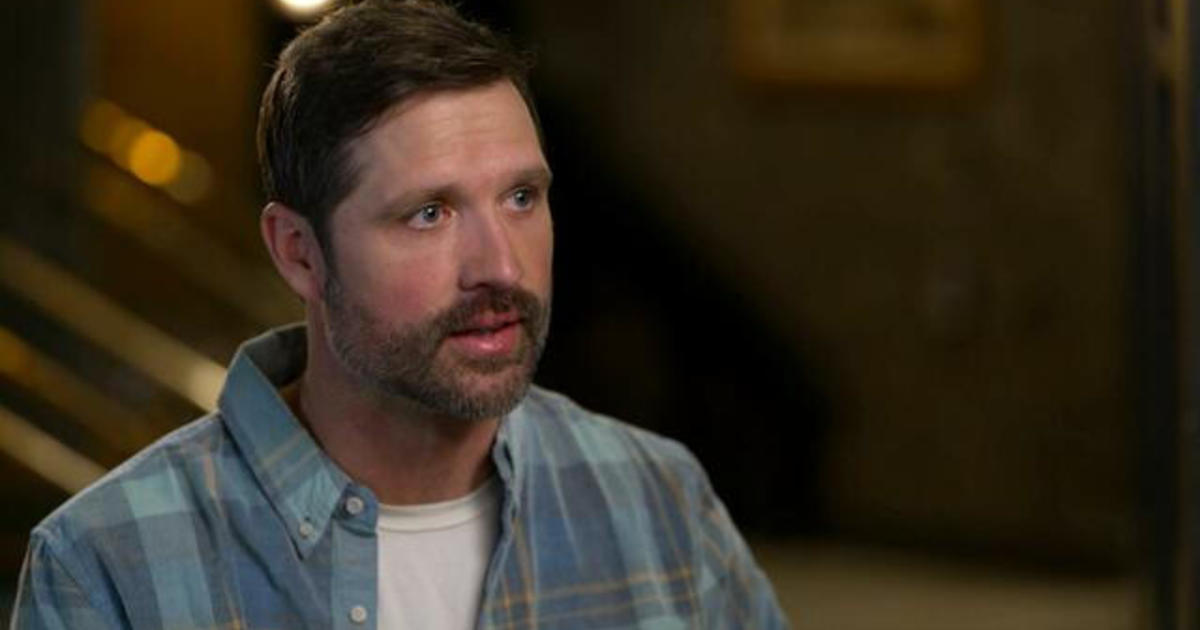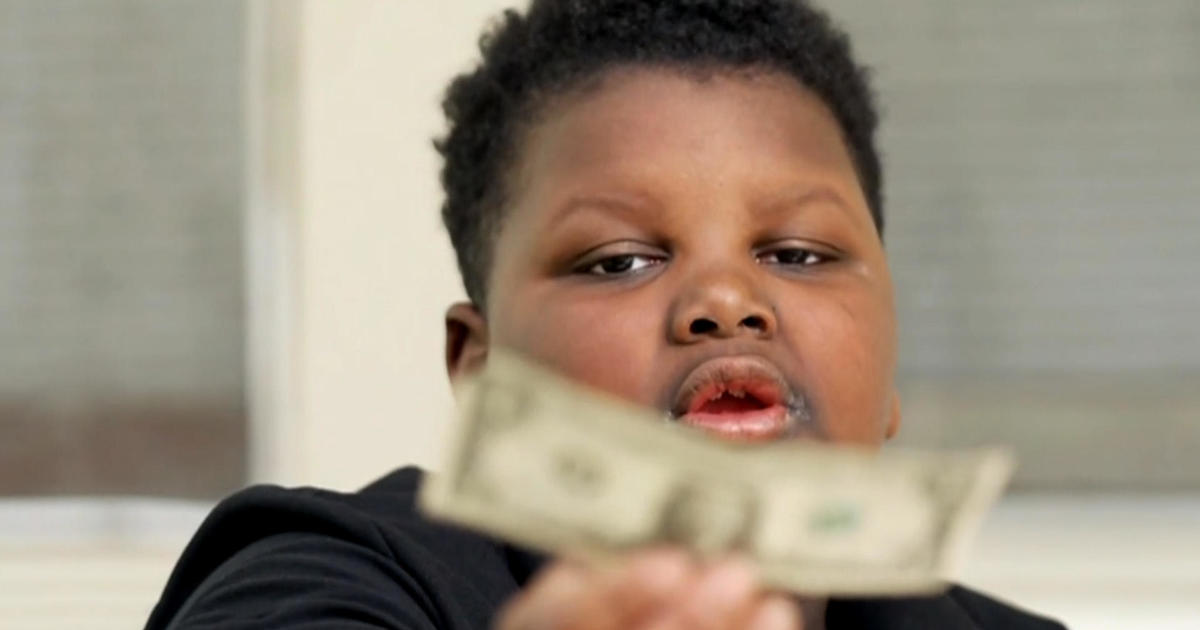Tennis star Rosemary Casals, who fought for equal pay for women, reflects on progress made
Rosemary Casals has many titles, but she still isn't quite sure how to react when people call her a living legend.
The tennis star and equal pay advocate was one of just nine women who fought to close the gender pay gap between male and female tennis players early in her career. Casals began playing tennis in her hometown of San Francisco. Raised by immigrants from El Salvador, Casals learned the game at Golden Gate Park.
One day, she faced a fellow public parks player and soon-to-be icon: Billie Jean King.
"It left a big impression on me. I thought 'God, that's the way a pro's supposed to look,'" Casals, now 75, recalled. "We went and played the match. It was very, very close. And I remember after, Billie Jean saying 'You know, you're pretty good. You better keep with it, and I'll check up on you.' ... I definitely thought 'Well, if she can tell me that I'm pretty good, I better do something about it.'"
King, the world's number one player, soon became more than a rival. She and Casals became doubles partners and went on to win eight major championships in nine years together as tennis became a professional sport. Johnette Howard, an author and sportswriter, said both women had an "underdog mentality" and refused to "accept the status quo."
At the time, male tournament winners routinely netted 10 times more money. Howard said that Casals and other female players weren't even making the "under the table money" that male players might.
"We were saying 'You know, we're really losing out on all of this if we don't do something,'" Casals recalled.
So they decided to do something.
In 1970, after promoters refused to award equal prize money or organize all-female tournaments, Casals, King and seven other players banded together, forming an all-woman tour called the Virginia Slims Circuit.
"They kept on saying, "Well, you guys bring in the money. We can't give it to you, so if you bring it in, we'll do it.". So, there it was," Casals said.
Still, male players refused to let women join their burgeoning sports union, so the Women's Tennis Association was formed in 1973. Howard said it was a "Big Bang moment for all of women's sports."
"Everything that's happened since has sprang from that moment," Howard said.
The money began flowing in to King, Casals and the other players. The women's game became a pop culture spectacle when King trounced former Wimbledon champion Bobby Riggs in a "Battle of the Sexes," still the most-watched tennis match in history.
Now, half a century later, a new generation of tennis players like Coco Gauff are benefitting from the foundation laid by Casals and the original nine. Tonight, Gauff will play the U.S. Open women's singles championship match, and she will walk away with at least $1.5 million. If she wins, it will be twice that, just like the men's players. It will be the 50th time equal prize money has been awarded across gender lines at the U.S. Open.
While the four major championships have been awarding equal prize money since 2007, the pay gap persists in the sport, with male players winning nearly 50 million dollars more than female players this year.
Last year, the Financial Times reported that outside the majors, men's players earned roughly 75% more than their female counterparts. In June 2023, the Women's Tennis Association announced a plan to close the gap over the next decade. However, Casals isn't sure she'll see those results.
"I don't have ten years," she said. "I mean, my gosh, it's gotta happen before I die ... I've been around long enough to be able to realize that there's a lot more in my past than in my future."
At 75, though, Casals is still fighting. She's working to make the game more inclusive and lifts up young talent through the "Love and Love Tennis" and the "Latin American Tennis" foundations.
"I've always wanted to spread the love of tennis," Casals said. "It's been everything to me."
